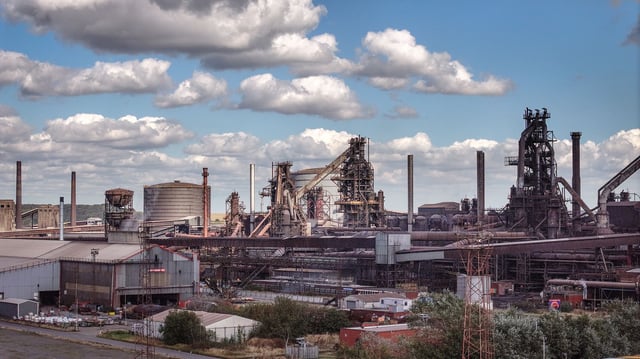Overview
- Parliament passed emergency legislation allowing the UK government to take control of British Steel's Scunthorpe plant after Chinese owner Jingye halted raw material orders.
- Raw materials from the US, Australia, and Sweden have been secured and delivered to keep the blast furnaces operational, preventing costly and irreversible shutdowns.
- Business Secretary Jonathan Reynolds indicated that full nationalisation of British Steel is likely, with plans to seek a private sector partner for long-term transformation.
- The move has reignited discussions about Chinese investment in strategic industries, with officials emphasizing tighter scrutiny for future bids involving sensitive sectors like steel.
- The decision highlights broader concerns about safeguarding critical industries, job security, and the challenges of modernizing aging infrastructure while maintaining domestic production.



